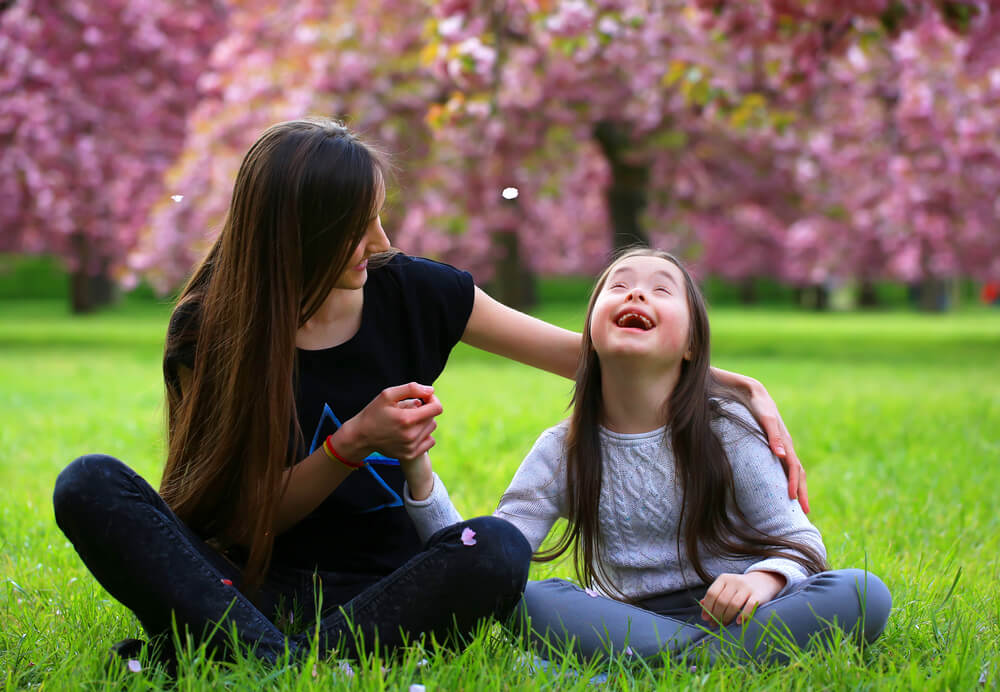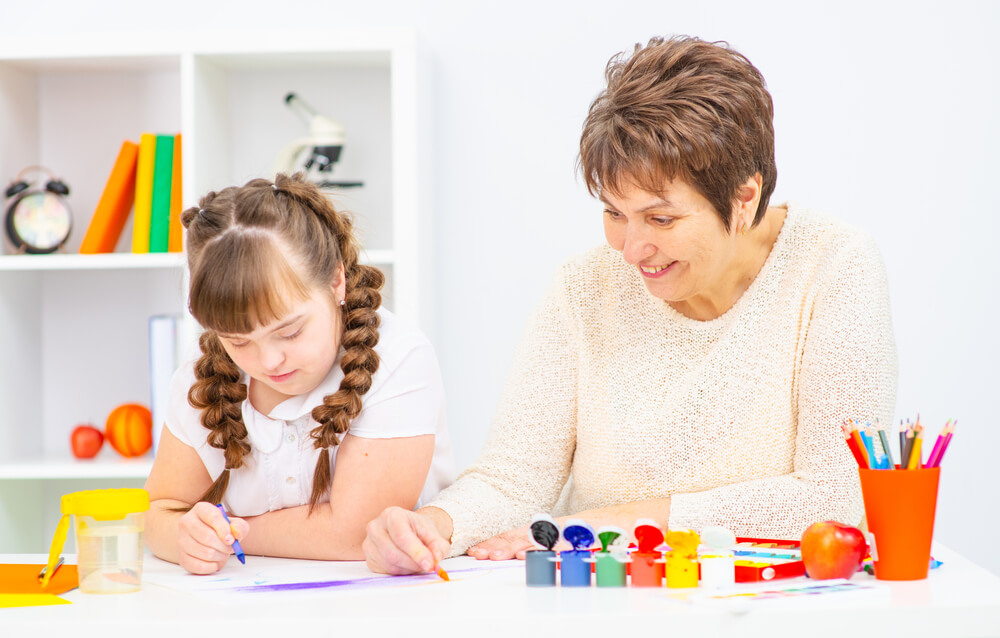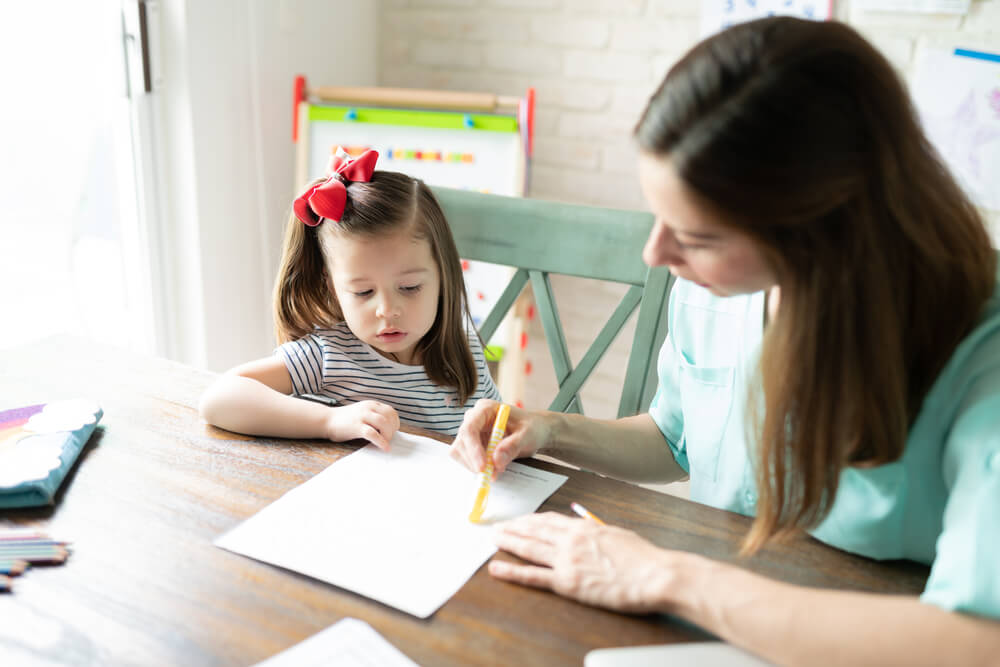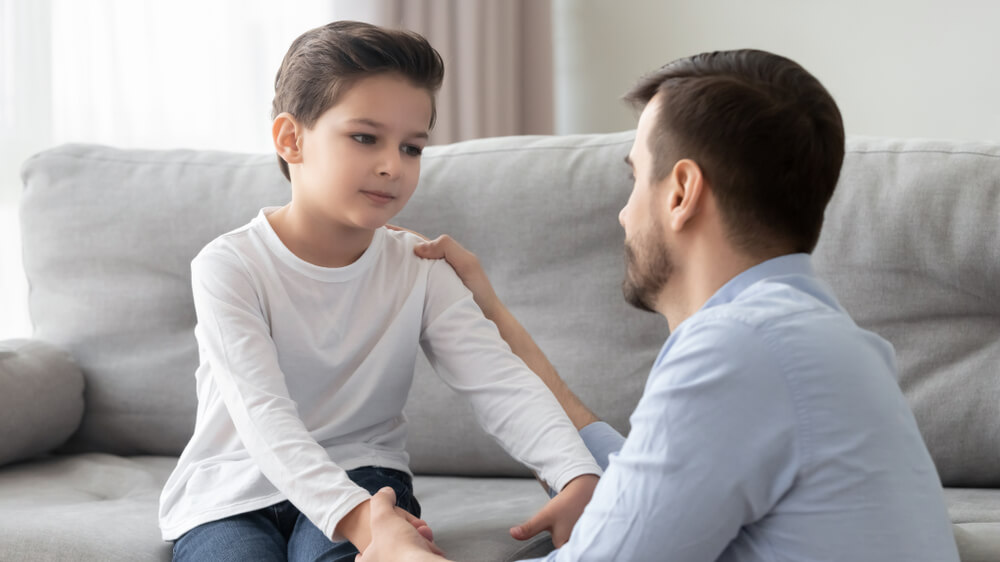Parenting is a joyous and rewarding experience. Yet, it can be challenging and stressful for parents. To be a good parent, some find themselves asking for help in making even the smallest everyday decisions. This is also very true for parents with children with disabilities. Could positive parenting solutions help?
How would you help students with disabilities using positive parenting solutions? And what benefits would it reap?
Many parents have been asking about positive parenting solutions to implement for pupils with disabilities. Now is the perfect time to finally put it in writing.
But first, what is Positive Parenting?
The Council of Europe defines Positive Parenting as “parental behavior that respects children’s best interests and their rights.” Hence, positive parenting involves guiding, empowering, nurturing, and recognizing children as individuals in their own right.

It also means that a parent sets the boundaries that kids need to help them develop their potential to the fullest. Here are the main concepts of positive parenting:
- Nurture – providing a child with love, warmth, and security.
- Recognition – listening to children, valuing them as individuals in their own right.
- Structure and guidance – making a child feel safe and secure; creating necessary boundaries and a predictable routine.
- A non-violent upbringing – eliminating any form of demeaning punishments that violate children’s right to respect for human dignity and physical integrity.
- Empowerment – enhancing a child’s sense of competence.
A parent who implements positive parenting practices…
- Shows warm love and respect
- Explains house rules
- Praises good behavior
- Tries to understand their child’s life experiences
- Reacts to misbehavior by implementing non-violent punishments
How about Positive Parenting Solutions for students with disabilities?
Parents enjoy being parents, that’s for sure, but many would agree that the load is often heavy. This is a huge responsibility—all the more so for parents who have children with disabilities.
In our previous post, we’ve talked about how you can help your child with distance learning. But how do you support a child with disabilities using positive parenting solutions? We’ll be glad to share with you some key insights we have gathered.
Positive Parenting Solutions to Implement
All children thirst for love, support, and encouragement. For children with disabilities, these positive reinforcements can help build their confidence, self-worth, and determination to keep striving for academic success despite things being tough.
Remember, positive parenting means helping your child help themselves. You can do that by, as outlined earlier, providing support, explaining rules, and acknowledging their rights.
It is also important to praise good behavior. Regarding misbehaviors, use non-violent punishment (i.e., time-out or confiscation of a device for a reasonable amount of time).
Your role as a parent is not to cure your child’s learning disability, but to give them the tools they need to overcome their challenges. By doing so, you’re helping your student become stronger and more resilient when harder problems arise.
[Related: Homeschool Motivation Exercises: How To Keep Your Kids Motivated To Learn At Home?
#1 Positive Parenting Solutions: Keep things in perspective
It’s important to remind your child that everyone faces challenges. It is your responsibility to teach your child how to deal with adversity without becoming overwhelmed or discouraged.
You, the parent, must also keep things in perspective. It sure is difficult, but one thing’s for sure: a learning disability is not an insurmountable barrier to success.
Parents of children with disabilities fill out tons of paperwork, keep records, connect with schools, and carry a whole lot more responsibilities. However, do not allow yourself to forget what’s most important: to provide your child with plenty of moral and emotional support.
#2 Positive Parenting Solutions: Be the captain of your child’s education

Implementing positive parenting into your child’s education means not sitting back and just let someone else be responsible for your child’s learning progress. Instead, you have to take an active role in their education.
By law, schools are required to design an Individualized Education Plan (IEP) for students with disabilities. The IEP delivers some educational benefits, but it can only get your child so far.
Positive parenting means understanding special education laws and looking for services that can help you get the best support.
Ask, do your research, and be knowledgeable about your (and your child’s) rights in special education.
#3 Positive Parenting Solutions: Know how your child learns best

Which of the following best describes your child’s learning style?
A. Learns best when the material is presented visually, not verbally.
B. Loves music, languages, and being on stage.
C. Learns by doing, touching, and exploring.
If your answer is A, then your child may be a visual learner. Visual learners learn best by reading or seeing. They love writing notes, creating maps, and making graphs.
Use books, computers, visual aids, videos, and flashcards to teach your child. Make outlines, lists, and diagrams.
If you answered B, then your child may be an auditory learner. Your kid learns best by listening and doing oral reports. You can help auditory learners by reading study materials aloud, playing audio recordings, or using verbal repetition to memorize.
Your child is a kinesthetic learner if your answer is C. You can support your child by doing experiments and taking him to field trips. Use memory games and flashcards, too.
[Related: How To Choose A Truly Educational App For Your Toddler]
#4 Positive Parenting Solutions: Provide engaging activities
Kids learn best when they are engaged and motivated. You don’t want to bore them, especially when they are supposed to have fun learning.
When children are bored, they are likely to misbehave. To avoid such a thing from happening, provide your child with fun activities, whether indoor or outdoor. Use playdough, make a play kitchen, print out coloring pages, and more.
[Related: Creative Chores For Kids: How To Make Chores Fun]
#5 Positive Parenting Solutions: Set realistic expectations
Parenting won’t be easy as all children misbehave at times. So, set realistic expectations. Aiming for perfect parenting will only result in disappointment and frustration.
When helping children with disabilities, your patience is paramount. Kids with learning disabilities need constant support. Teach them, explain the lessons, and divide the topics into digestible chunks if necessary, until they understand the material.
However, be careful not to overcompensate or overprotect. Your goal is to help them help themselves.
#6 Positive Parenting Solutions: Give clear instructions

Provide not just extremely clear but also high-quality instructions. It will help your student if you provide examples of the kind of work that will count as high quality.
Show them graphics or other concrete examples of the concept to be learned. Some instructions may be difficult for students with certain disabilities.
For example, if your child has vision problems, he may have difficulty seeing non-verbalized actions. If he suffers from disorders like photosensitive epilepsy, videos or images with flashing lights may not be helpful.
Clear instructions are also helpful if your child misbehaves. It’s crucial to let them understand what you expect them to do. For example, you want to give them clear directions to stop misbehaving (i.e., stop throwing your pen. Count the apples in the basket).
It’s also helpful to let your child know about the consequences of his actions if he continues to misbehave.
#7 Positive Parenting Solutions: Set a good example
Positive parenting works best if you parent by example. Don’t just tell your child what you want them to do, but rather, model what you expect. If you make poor choices in behavior, it’s like permitting them to act in the same ways.
Spend time reflecting on your actions and decisions. Think about the words you use and your reactions when problems arise.
Always remember, your kids will mimic (almost) everything you do.
#8 Positive Parenting Solutions: Avoid negative reactions

Your reactions can (and will) impact your children. When you give way to negative reactions (anger, rage, sarcasm, ridicule), your child might feel worse about himself. Or, as discussed above, they are likely to mimic you and the way you react.
When faced with a difficult situation, compose yourself, and avoid reacting negatively.
#9 Positive Parenting Solutions: Praise your child and give rewards

Do not underestimate the power of good words. The praises and commendations you give to your children can impact them in the long run.
Acknowledging their development and achievements (even small things) can drive them to do better. Focus on their strengths, compliment their talents, cheer them up, and congratulate them on their accomplishments.
Conclusion
When you implement these positive parenting solutions into your child’s learning, you help them to stand on their feet and overcome challenges despite impairments.
They need your love, encouragement, and unending support. Use positive approaches and motivate them to do their best. Positive parenting can go a long way.
Related Questions
What are the things not to say to special needs parents?
Jessica Heeran reached out to special needs parents on Facebook to get ideas of things that we should not say to them. One parent shared, “One of the most annoying things, to me, is when I tell someone about my daughter, and they automatically make a sad face and say, ‘I’m sorry.’ Like she’s some unfortunate thing that happened to me.”
My child has a vision impairment. Is distance learning possible?
Yes! You can find online learning platforms explicitly designed for low-vision students, such as The Hadley School for the Blind. Read our blog post Special Needs Teaching: Transforming Lessons for Low Vision Students to learn more.
Communicate with other parents and teachers to get more ideas about positive parenting solutions
Get more parenting ideas from other parents and teachers. By joining our growing community, you get access to our community forum where everyone can ask questions, seek advice, and share tips and tricks.
Learn from other parents and educators. Click the button below to sign up:
You can also register using your Facebook or Google account. Click any of the buttons below:


Do you have more positive parenting ideas in mind? Let us know in the comments or by posting on our community forum.